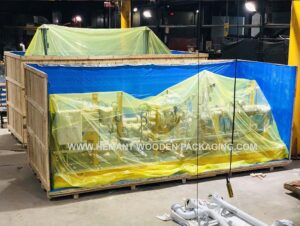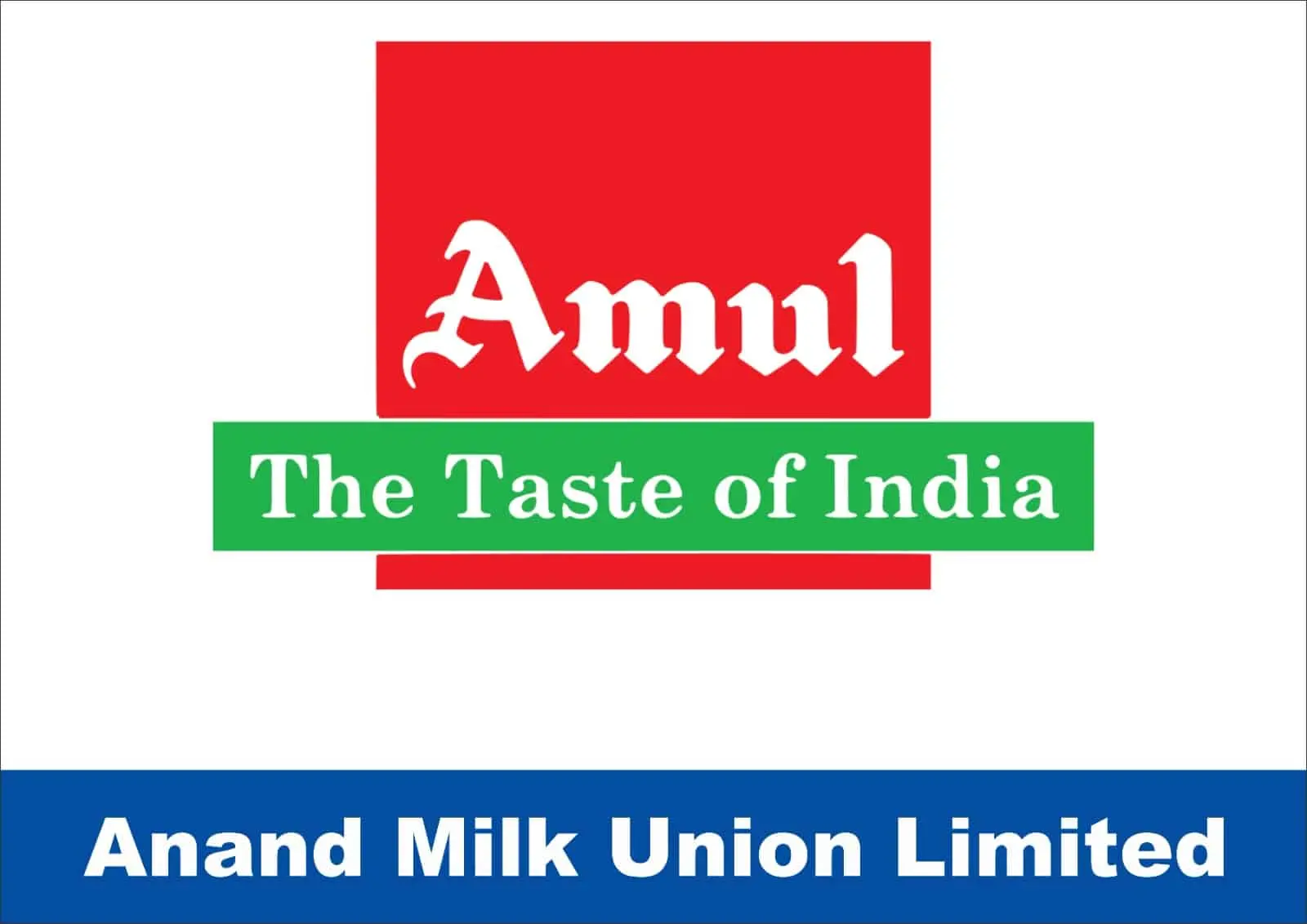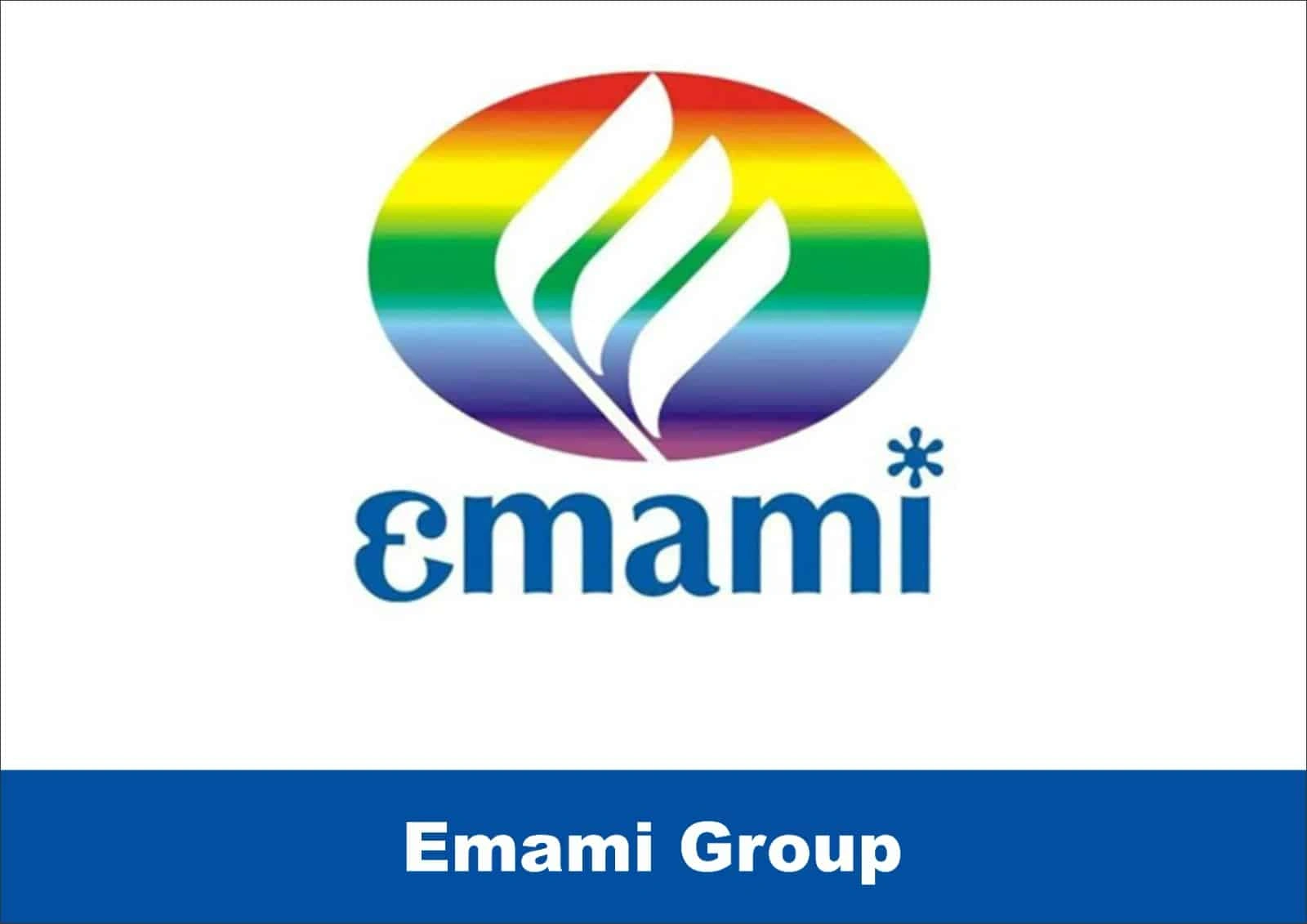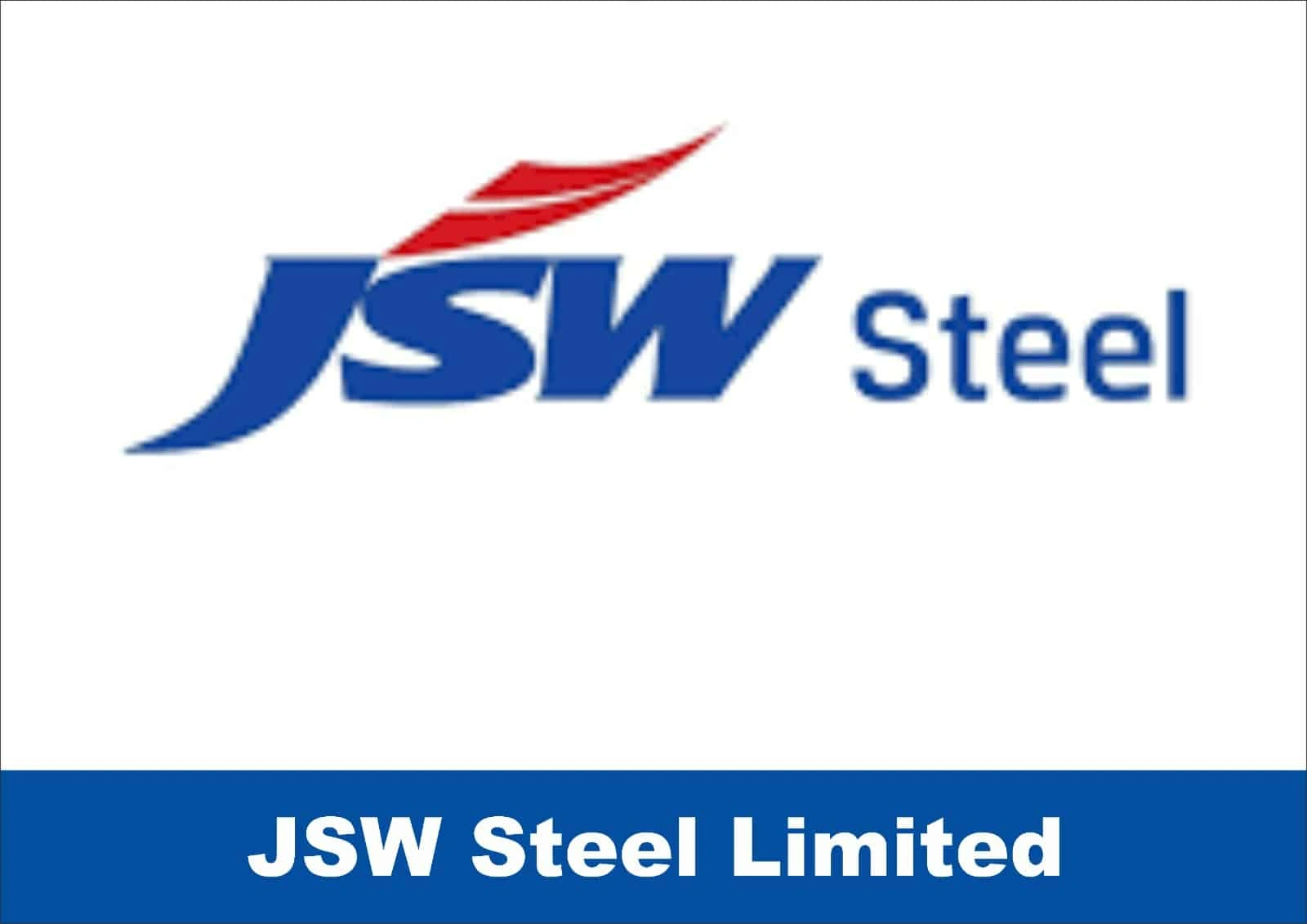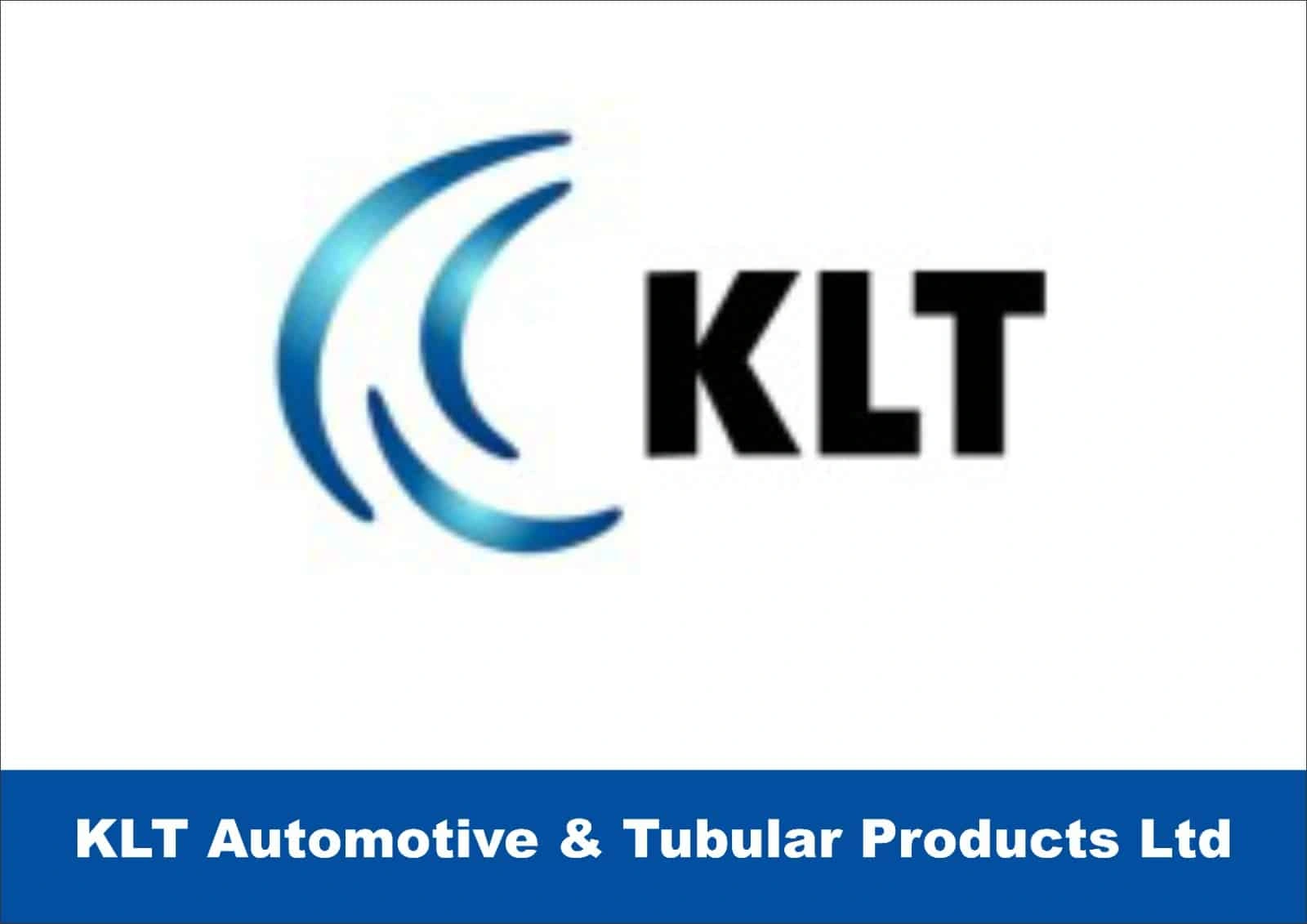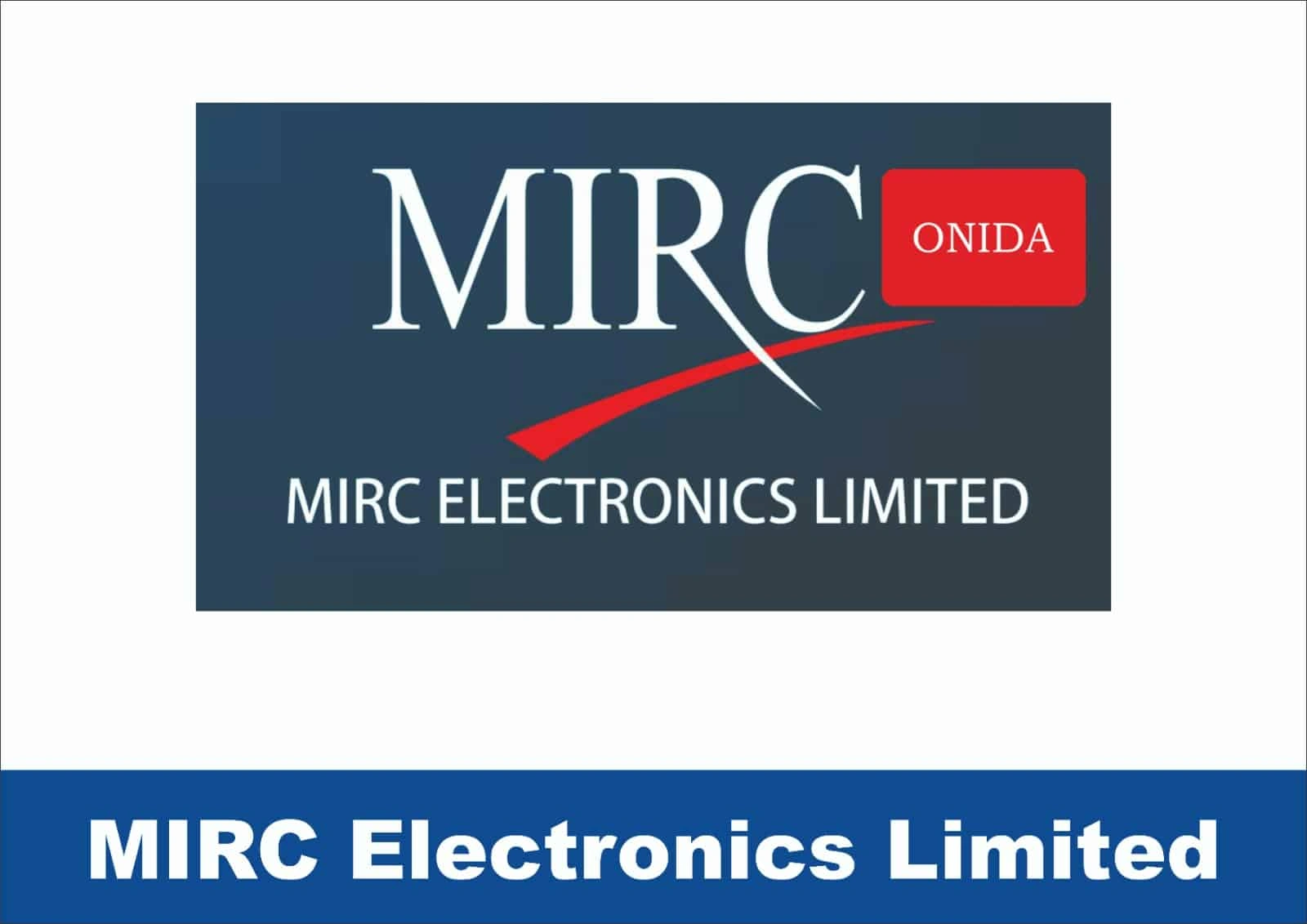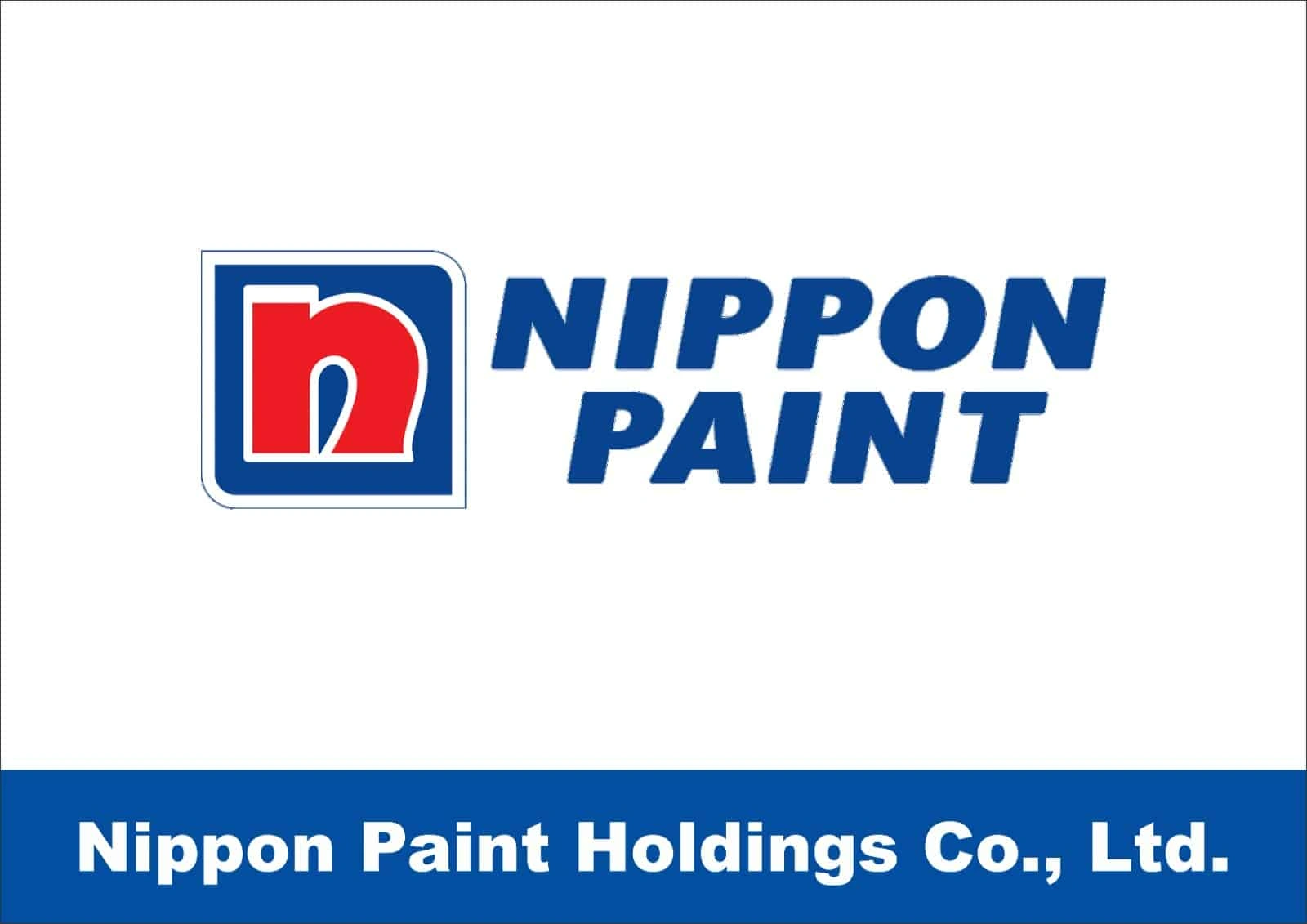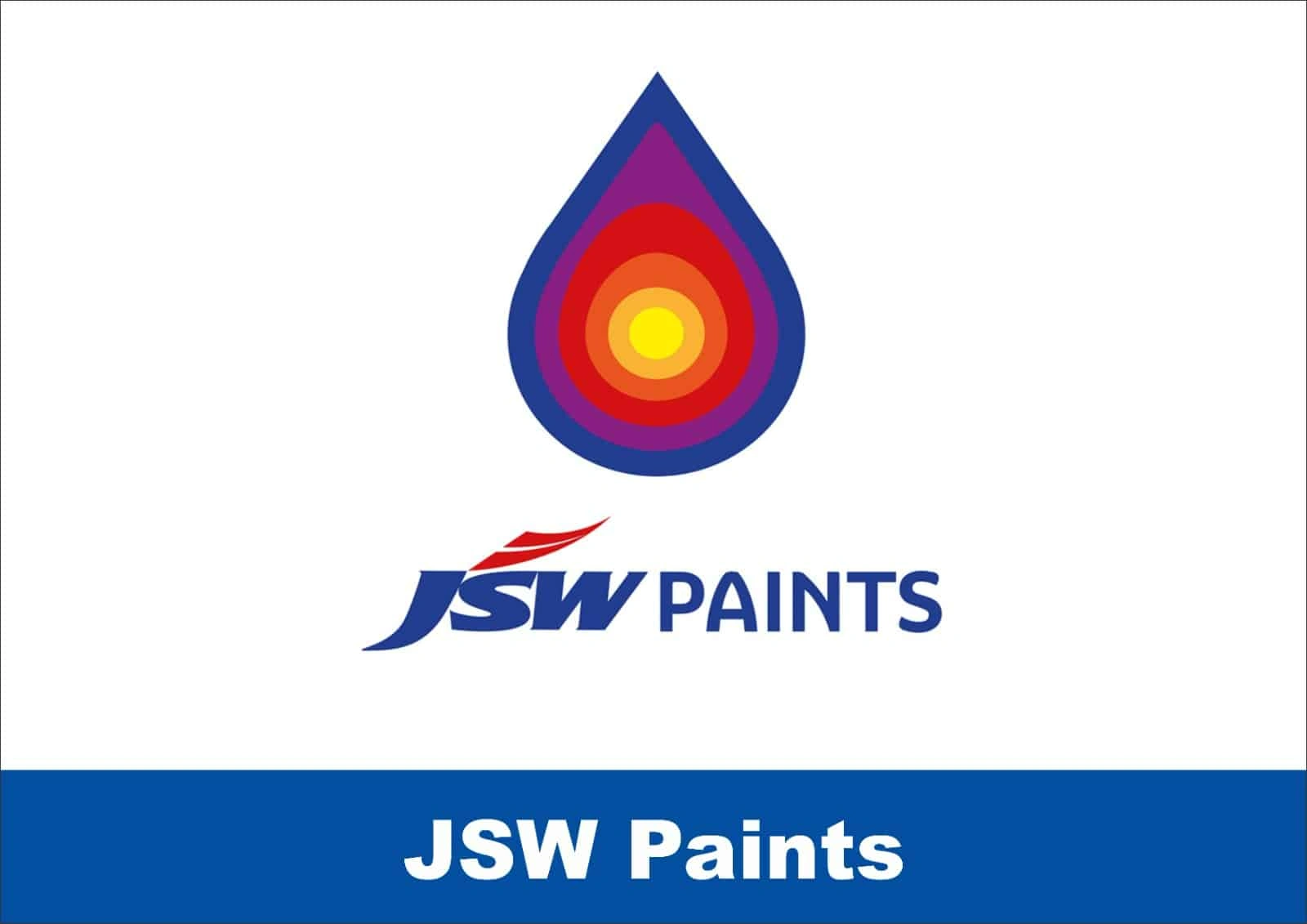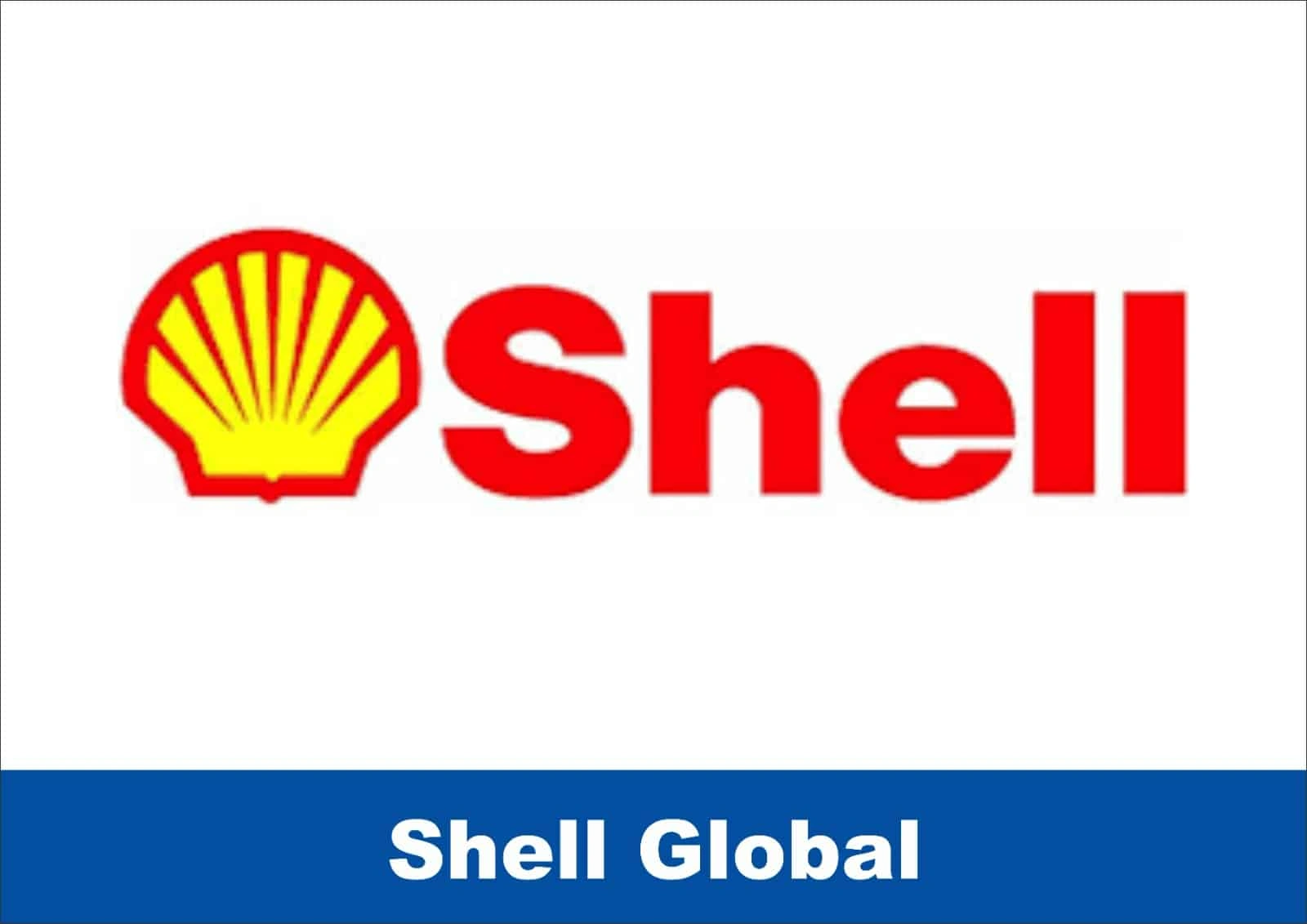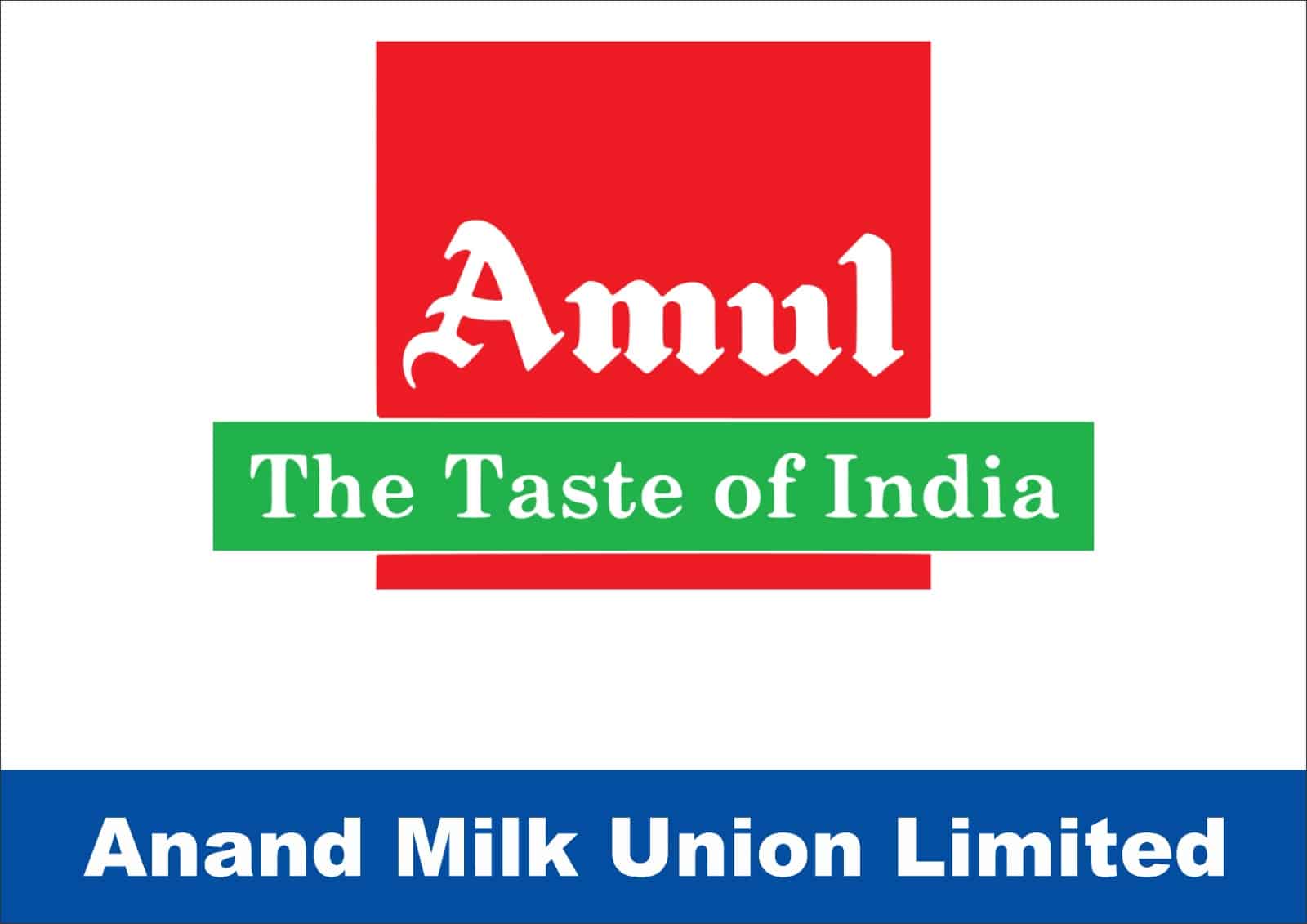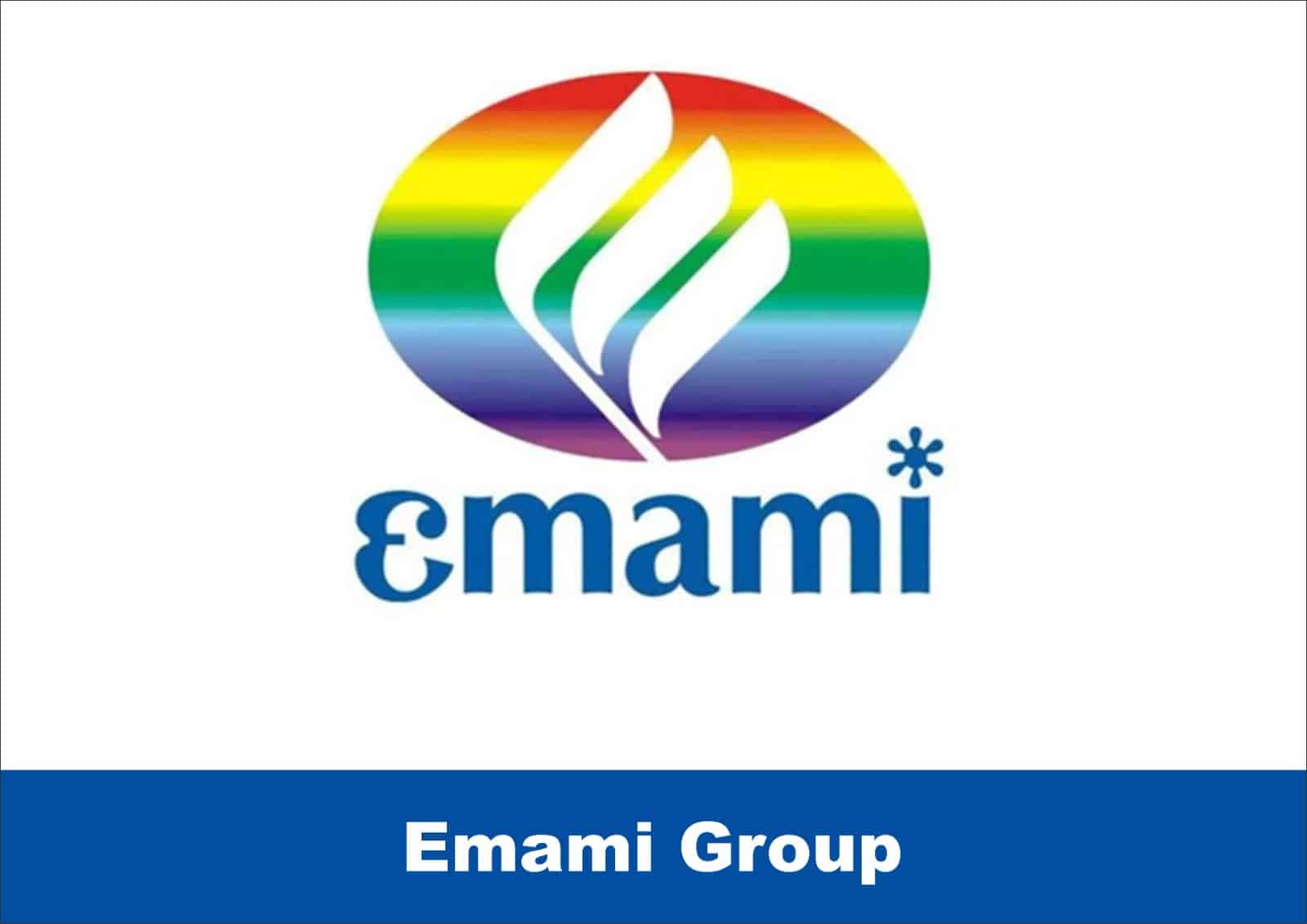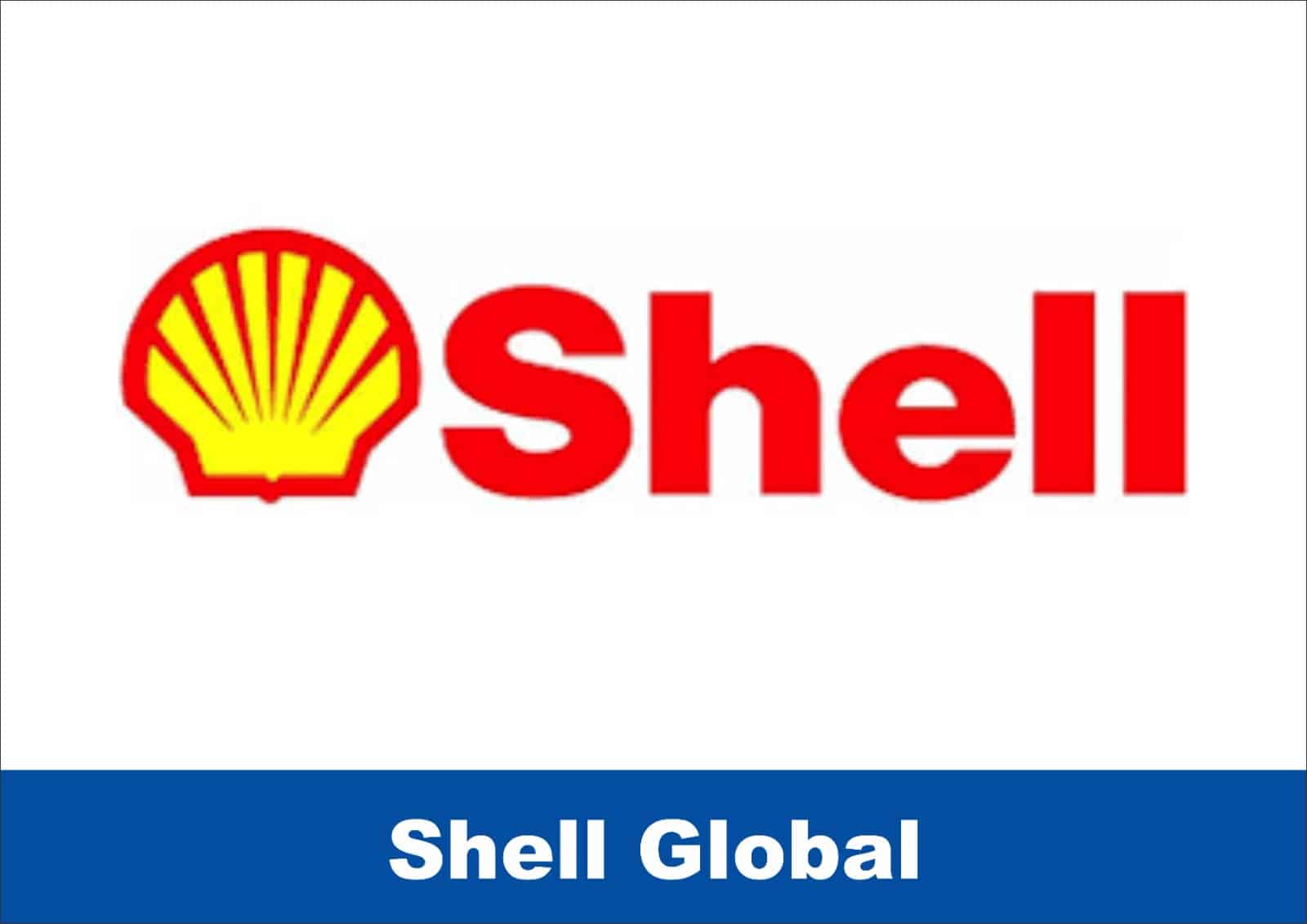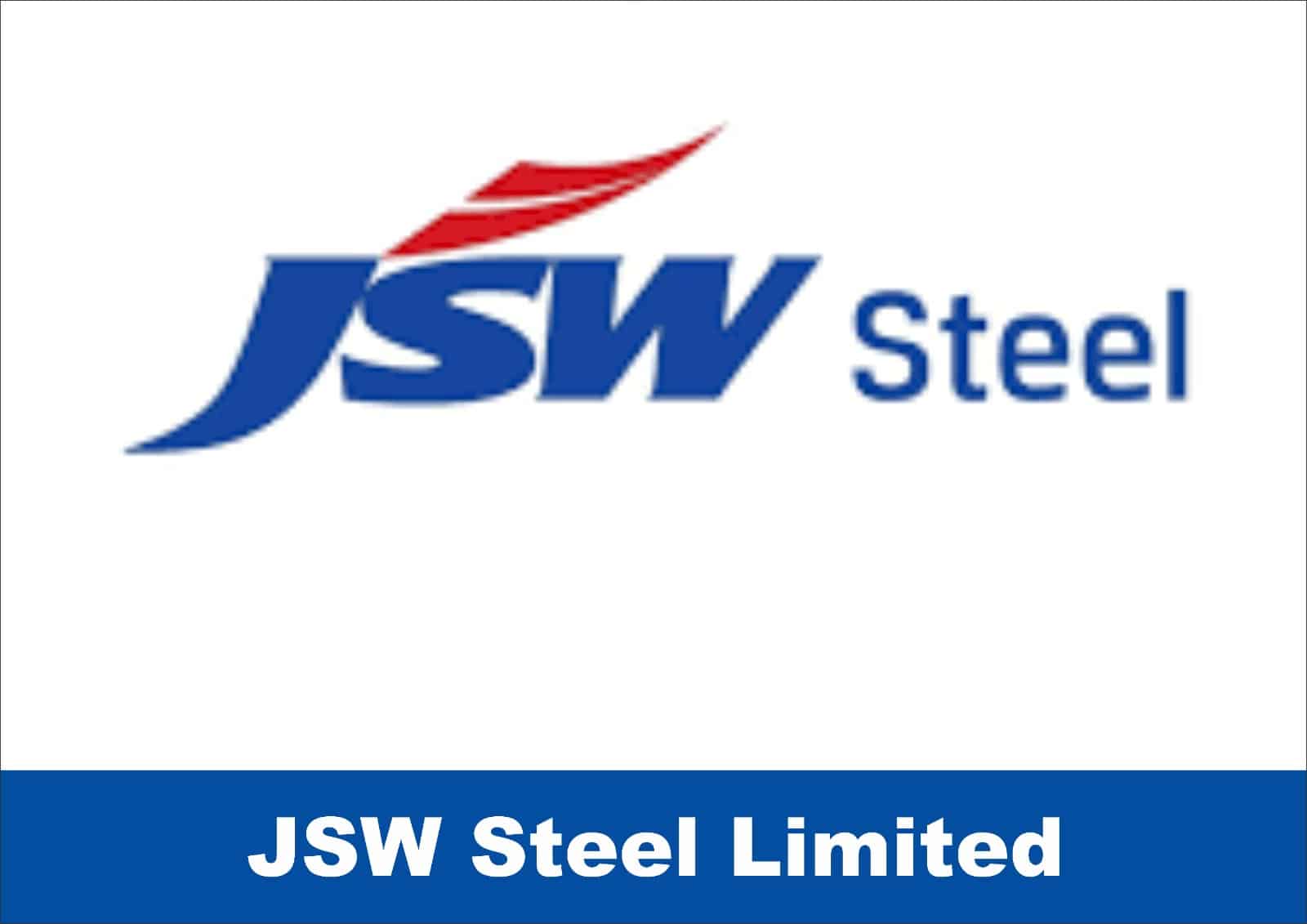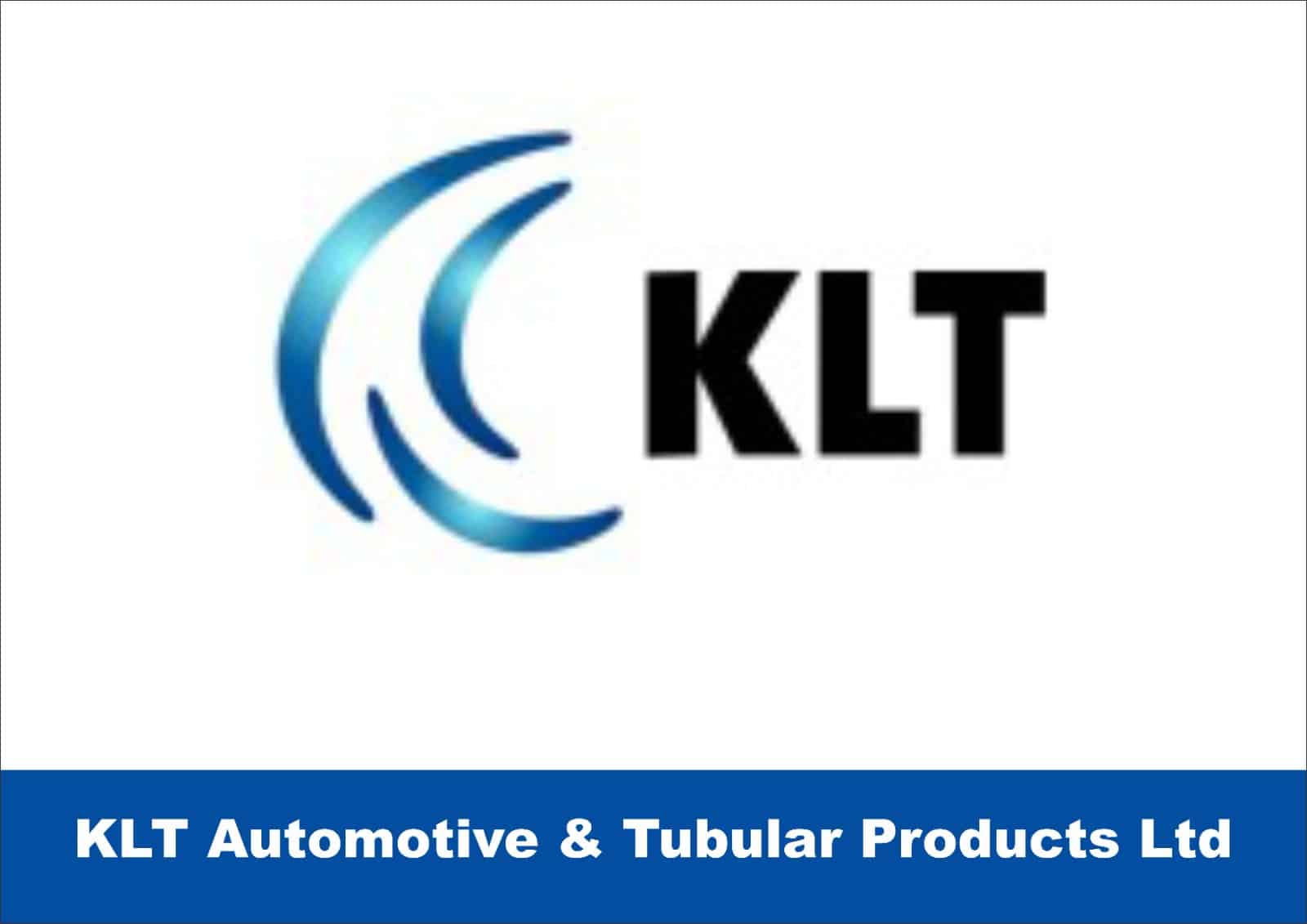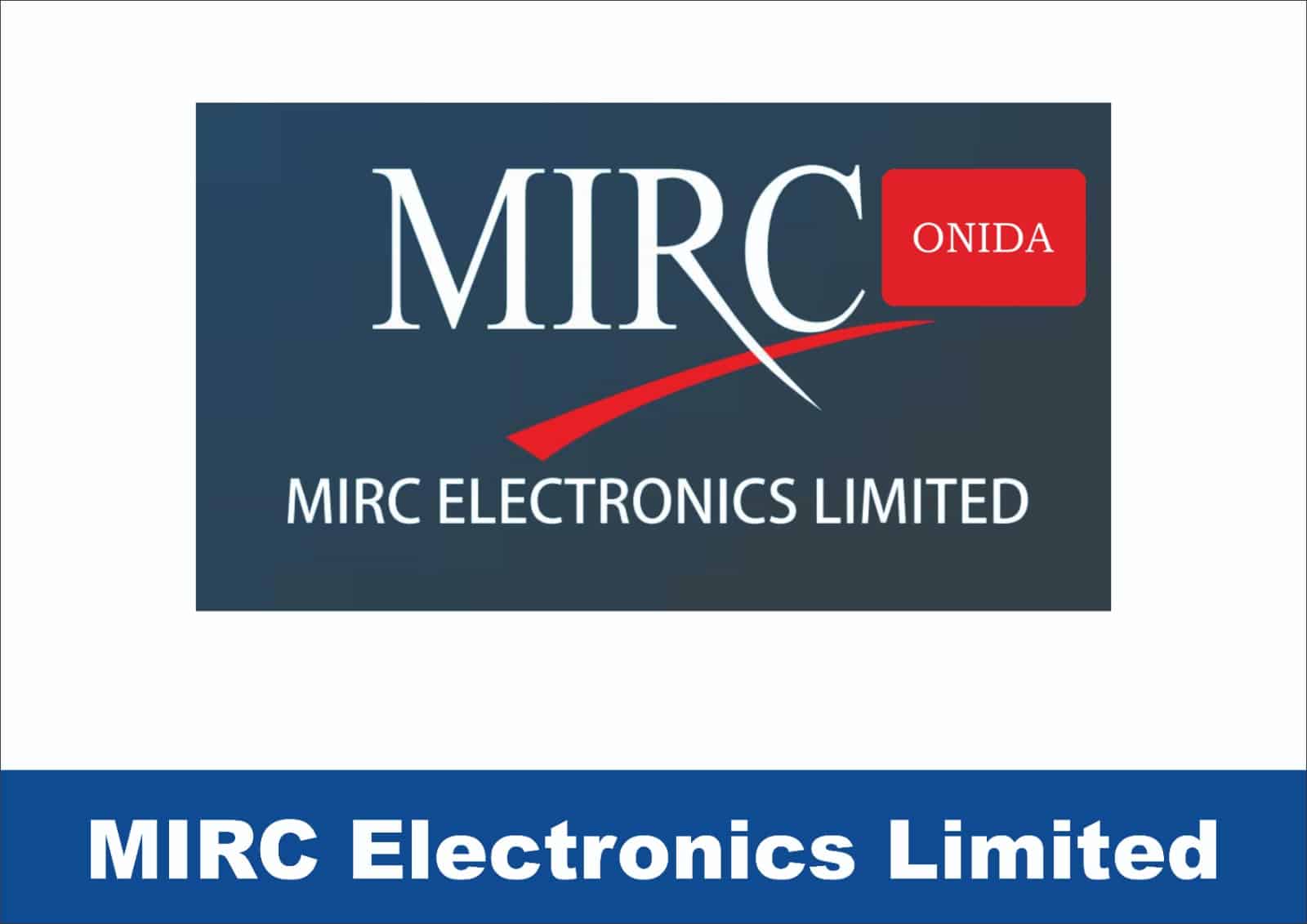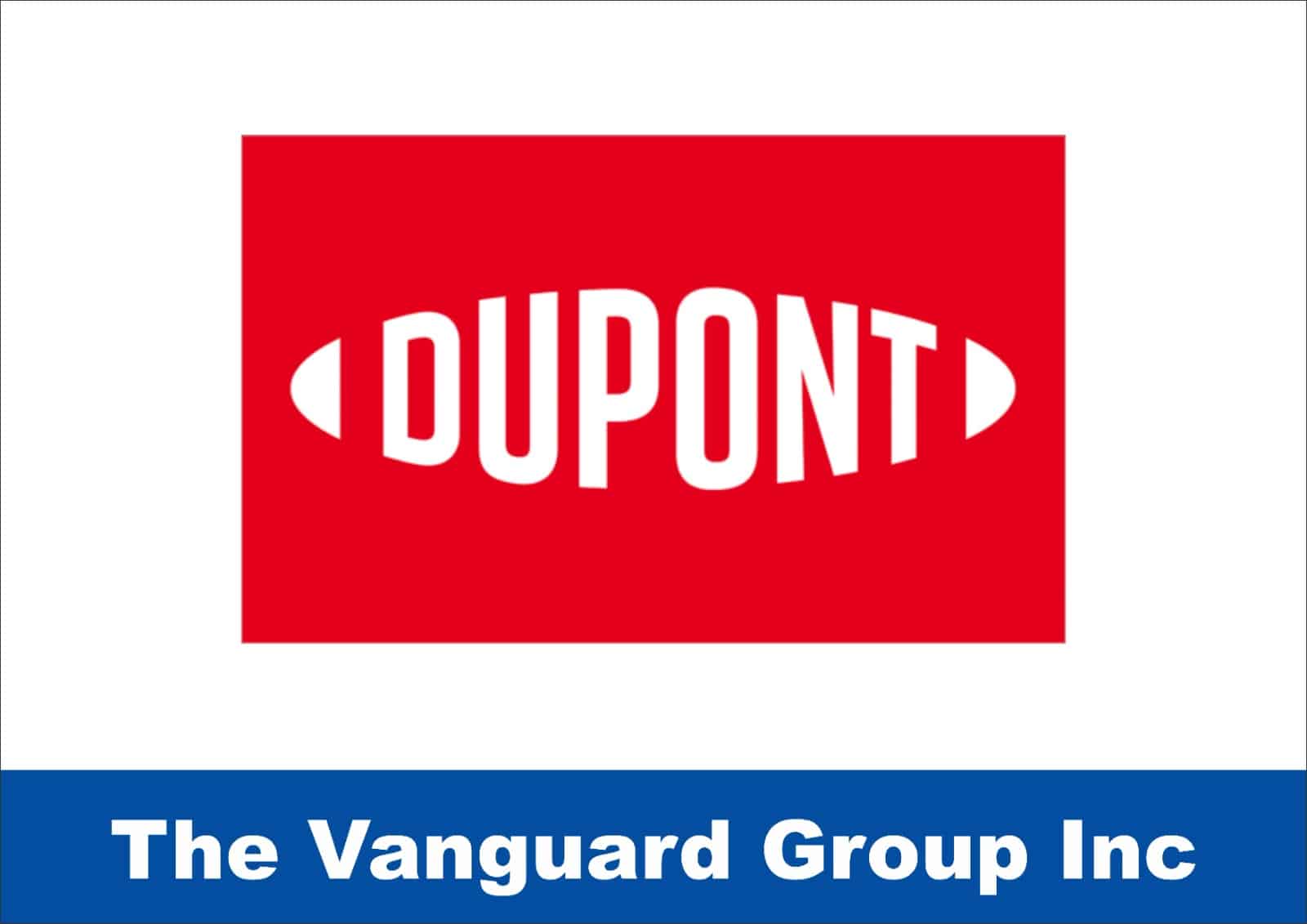VCI Packing:
VCI Packing, In the world of international trade, the safe and secure transportation of industrial goods is paramount. As businesses expand their reach across borders, the need for reliable packaging solutions becomes increasingly crucial. One such solution that stands out in the realm of export packaging is Industrial VCI (Vapor Corrosion Inhibitor) packing. Let’s delve into the significance of VCI packing and how it plays a pivotal role in safeguarding industrial equipment during transit.
Understanding VCI Packing:
1. What is VCI?
VCI Packing or Vapor Corrosion Inhibitor Packing, is a revolutionary technology designed to protect metals from corrosion during storage or shipment. These inhibitors release vapor molecules that form a protective layer on the metal surface, preventing the onset of corrosion.
2. How VCI Works:
The VCI molecules adsorb onto the metal surface, creating a molecular barrier that inhibits the corrosion process. This method is both effective and non-intrusive, ensuring that the protected items remain corrosion-free without the need for direct contact.
Benefits of Industrial VCI Packing for Export:
1. Global Protection: When exporting industrial equipment, it is exposed to various environmental conditions, including humidity and temperature fluctuations. This packing ensures that your goods are shielded from corrosive elements, irrespective of the transit route or destination.
2. Long-Term Preservation: VCI packing provides long-term protection, making it an ideal choice for equipment that might be stored at the destination for an extended period before use. This is particularly relevant for large-scale projects where machinery is shipped well in advance of project commencement.
3. Versatility Across Industries: Whether you’re exporting automotive parts, machinery, or electronic components, VCI is versatile and adaptable. Its efficacy is not limited to a specific industry, making it a go-to solution for diverse export scenarios.
4. Cost-Effective: Investing in VCI packing proves to be cost-effective in the long run. The prevention of corrosion eliminates the need for costly repairs or replacements due to damage incurred during transit.
5. Environmentally Friendly: VCI technology is environmentally friendly, as it does not rely on harmful chemicals. This aligns with the growing global emphasis on sustainable business practices.
Choosing the Right VCI Packing:
1. Customized Solutions: Work with packaging providers that offer customizable VCI solutions tailored to the specific needs and dimensions of your industrial equipment.
2. Durability and Strength: Ensure that the VCI packaging materials are robust enough to withstand the rigors of international shipping. Durability is key to maintaining the integrity of the protective layer.
3. Compliance with Export Standards: Confirm that the VCI packaging adheres to international export standards and regulations, ensuring a smooth customs clearance process.
Conclusion: In the fast-paced world of global trade, Hemant Wooden Packaging protecting your industrial assets during export is a non-negotiable aspect of business. Industrial VCI packing emerges as a reliable and effective solution, providing a shield against corrosion and environmental factors. By investing in this advanced technology, businesses can enhance the longevity and reliability of their exported equipment, contributing to seamless international trade operations.








